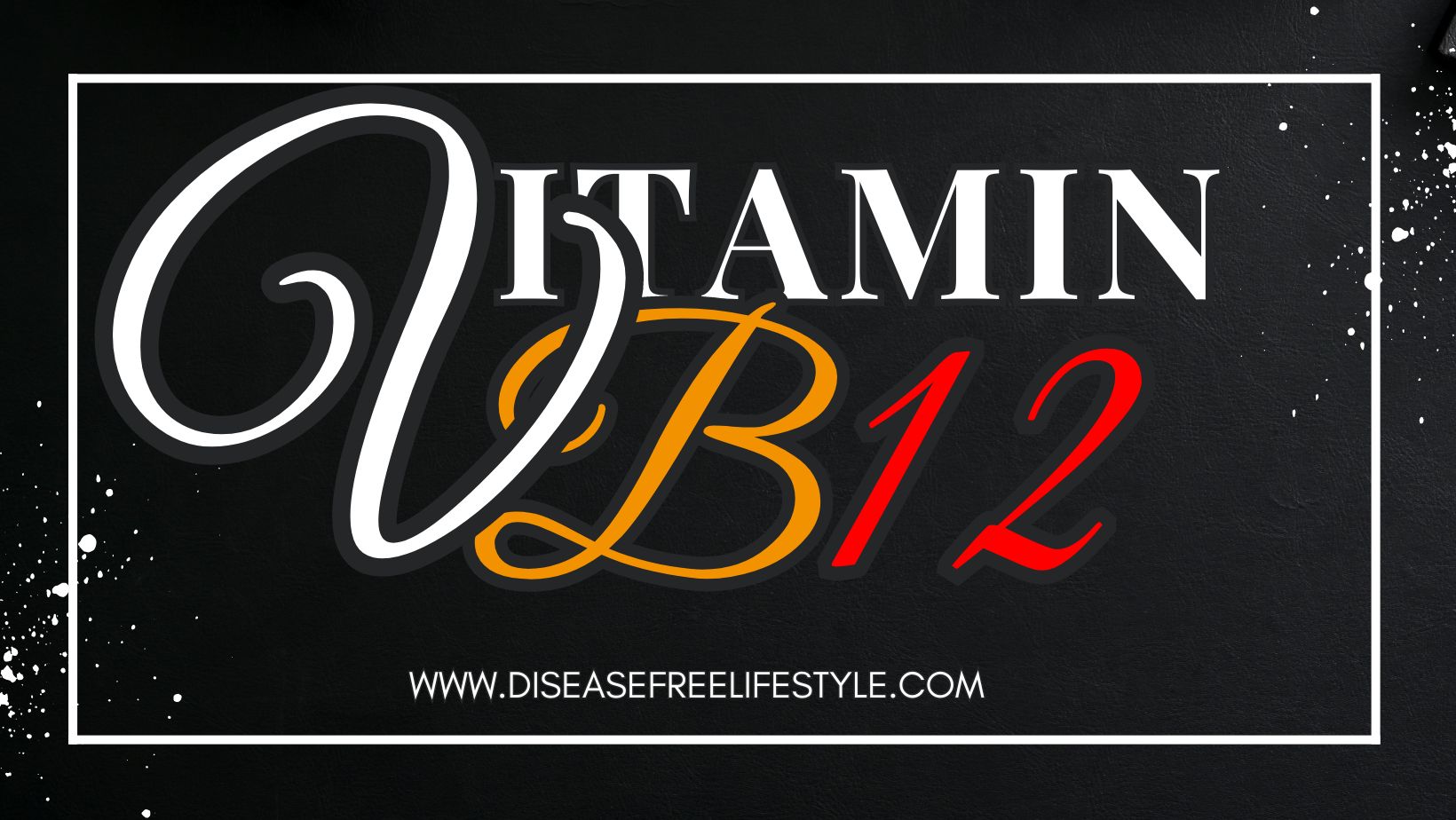Living a disease-free lifestyle is more than just a goal; it’s a journey towards holistic well-being. In today’s fast-paced world, maintaining good health requires conscious effort and informed choices. This article will guide you through practical steps and essential practices to help you lead a disease-free lifestyle, ensuring you feel your best every day.
Understanding a Disease-Free Lifestyle
A disease-free lifestyle focuses on preventing illness rather than just treating symptoms. It involves a combination of balanced nutrition, regular physical activity, mental wellness, and preventive healthcare measures. By integrating these elements into your daily routine, you can significantly reduce the risk of chronic diseases such as diabetes, heart disease, and cancer.
Nutrition: The Foundation of Health
A balanced diet is crucial for maintaining optimal health. Nutrient-rich foods provide the vitamins and minerals your body needs to function effectively.
Key Components of a Healthy Diet:
- Fruits and Vegetables: Aim to fill half your plate with fruits and vegetables. They are rich in essential vitamins, minerals, and antioxidants that help boost your immune system.
- Whole Grains: Include whole grains like brown rice, oats, and whole wheat. These provide fiber, which aids digestion and helps regulate blood sugar levels.
- Lean Proteins: Incorporate lean proteins such as chicken, fish, beans, and legumes. Protein is essential for muscle repair and overall body function.
- Healthy Fats: Choose healthy fats from sources like avocados, nuts, seeds, and olive oil. These fats are crucial for brain health and reducing inflammation.
Avoid:
Processed foods, excessive sugar, and unhealthy fats. These can lead to obesity and chronic diseases.
Physical Activity: Keep Moving
Regular exercise is vital for a disease-free lifestyle. It helps maintain a healthy weight, reduces stress, and lowers the risk of chronic diseases.
Types of Physical Activity:
- Aerobic Exercise: Activities like walking, jogging, swimming, and cycling improve cardiovascular health.
- Strength Training: Lifting weights or doing body-weight exercises like push-ups and squats strengthen muscles and bones.
- Flexibility Exercises: Yoga and stretching enhance flexibility, balance, and overall well-being.
Recommendation: Aim for at least 150 minutes of moderate aerobic activity or 75 minutes of vigorous activity each week, combined with muscle-strengthening activities on two or more days a week.
Mental Wellness: The Mind-Body Connection
Mental health is as important as physical health. Stress, anxiety, and depression can weaken your immune system and increase the risk of disease.
Strategies for Mental Wellness:
- Mindfulness and Meditation: Practicing mindfulness and meditation can reduce stress and improve mental clarity.
- Adequate Sleep: Ensure you get 7-9 hours of quality sleep each night. Sleep is essential for physical and mental restoration.
- Social Connections: Maintaining healthy relationships and a strong support network can enhance emotional well-being.
- Hobbies and Interests: Engaging in activities you enjoy can improve your mood and provide a sense of fulfillment.
Preventive Healthcare: Stay Ahead of Illness
Preventive healthcare involves regular check-ups, screenings, and vaccinations to detect and prevent diseases early.
Essential Preventive Measures:
- Regular Check-ups: Visit your healthcare provider for routine exams and screenings. Early detection of conditions like hypertension, high cholesterol, and diabetes can prevent complications.
- Vaccinations: Stay up-to-date with recommended vaccines to protect against infections such as influenza, hepatitis, and HPV.
- Hygiene Practices: Simple habits like washing hands regularly, maintaining oral hygiene, and practicing safe food handling can prevent infections.
Lifestyle Choices: Small Changes, Big Impact
Daily lifestyle choices play a significant role in maintaining a disease-free life.
Healthy Habits to Adopt:
- Avoid Smoking: Smoking is a leading cause of cancer and heart disease. Quitting smoking significantly improves health and longevity.
- Limit Alcohol: Excessive alcohol consumption can lead to liver disease, heart problems, and other health issues. Moderate drinking, if at all, is recommended.
- Hydrate: Drink plenty of water throughout the day to keep your body hydrated and functioning properly.
- Maintain a Healthy Weight: Achieving and maintaining a healthy weight through diet and exercise reduces the risk of numerous diseases.
Real-Life Success Stories
Real-life examples can inspire and motivate others to adopt a disease-free lifestyle. Consider the story of Jane, a 45-year-old mother of two who transformed her life by making simple, healthy choices. By incorporating more vegetables into her diet, starting a daily walking routine, and practicing mindfulness, Jane lost 30 pounds, reduced her blood pressure, and felt more energetic than ever.
Conclusion: Your Journey to Wellness
Adopting a disease-free lifestyle is a commitment to long-term health and well-being. By focusing on balanced nutrition, regular physical activity, mental wellness, preventive healthcare, and making positive lifestyle choices, you can significantly reduce your risk of disease and enhance your quality of life.
Remember, the journey to a disease-free lifestyle is personal and unique. Start with small, manageable steps and gradually build healthier habits. Your body and mind will thank you, and you’ll enjoy a more vibrant, fulfilling life.
Call to Action
Take the first step towards a disease-free lifestyle today. Choose one or two of the strategies outlined in this article and incorporate them into your daily routine. Share your progress and inspire others by joining a community of like-minded individuals committed to living healthy, disease-free lives.
Resources for Further Reading
- Centers for Disease Control and Prevention (CDC): www.cdc.gov
- World Health Organization (WHO): www.who.int
- American Heart Association: www.heart.org
By following these guidelines, you can embrace a disease-free lifestyle and enjoy the many benefits of good health and well-being.










